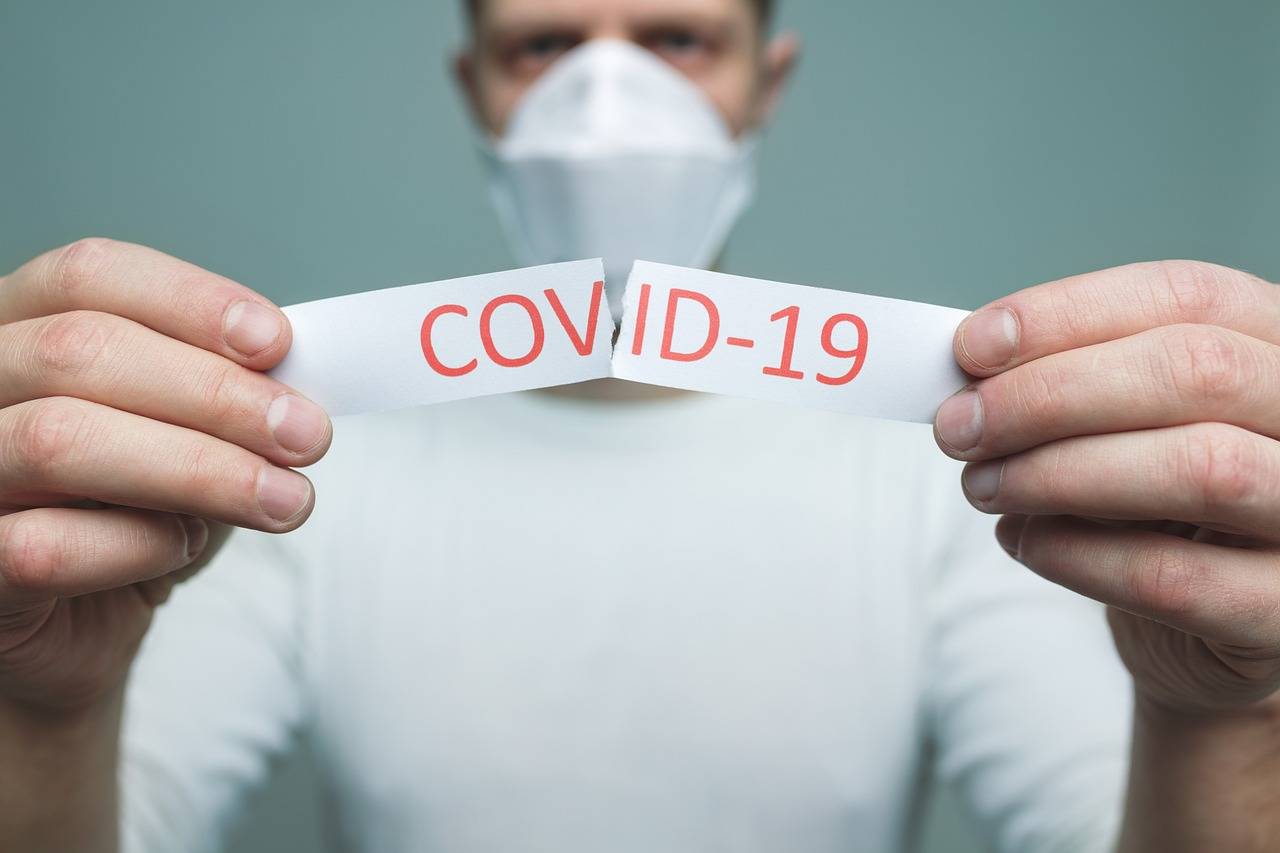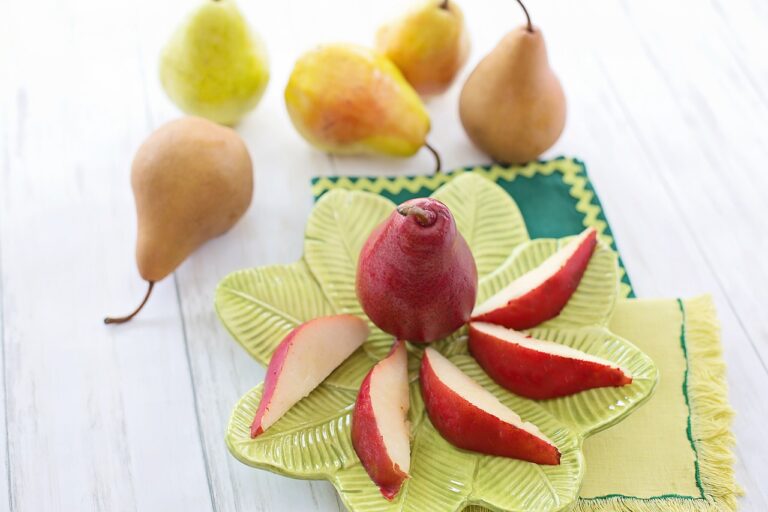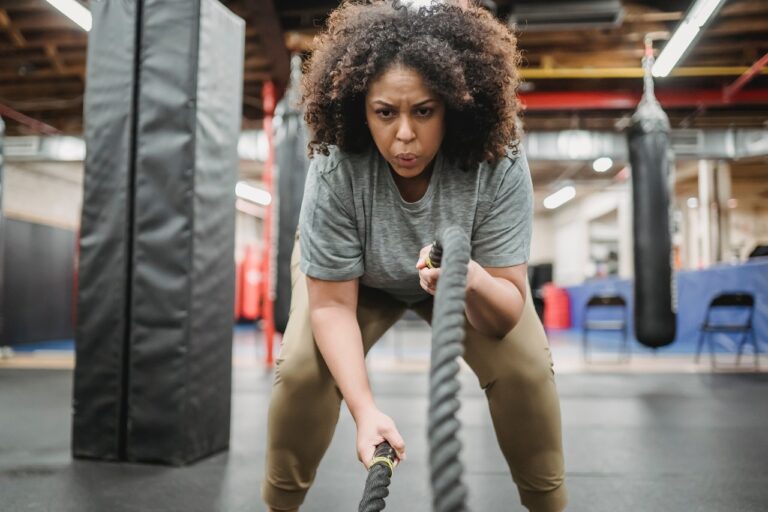Addressing the Impact of Social Media on Body Image
Social media platforms have become powerful tools that shape our perceptions of beauty. With the rise of influencers and filtered images flooding our timelines, it’s easy to fall into the trap of comparing ourselves to an unrealistic standard. These platforms often promote a narrow definition of beauty, emphasizing physical appearance over other qualities.
Moreover, the constant exposure to carefully curated content can also lead to feelings of inadequacy and low self-esteem. When bombarded with flawless images and unattainable beauty standards, it’s all too easy to feel dissatisfied with our own appearance. This can create a cycle of seeking validation and approval based on external factors, rather than embracing our unique natural beauty.
Comparison Culture: How Social Media Fuels Body Image Issues
In today’s digital age, the pervasive nature of social media platforms has significantly impacted how individuals perceive beauty standards. With the constant influx of edited images and curated lifestyles flooding our feeds, many individuals find themselves engaging in unhealthy comparisons. The rise of influencers promoting unrealistic body ideals has further perpetuated the notion that one must conform to a certain look to be deemed attractive.
Moreover, the phenomenon of comparison culture on social media has led to the exacerbation of body image issues among users of all ages. The constant exposure to flawless images and filtered content has created a culture of self-doubt and insecurity, as individuals strive to meet unattainable standards of beauty. As a result, many people experience heightened levels of anxiety and low self-esteem, struggling to embrace their unique qualities in a society that values perfection above all else.
How does social media influence perceptions of beauty?
Social media often showcases unrealistic beauty standards, leading users to compare themselves to idealized images and feel inadequate.
What is comparison culture and how does it contribute to body image issues?
Comparison culture is the constant urge to compare oneself to others, fueled by social media platforms. This can lead to negative body image issues as individuals strive to meet unattainable standards.
How can individuals combat the negative effects of comparison culture on social media?
It is important for individuals to cultivate self-compassion, practice gratitude, and limit their exposure to triggering content on social media. Additionally, following accounts that promote body positivity and diversity can help reshape perceptions of beauty.





